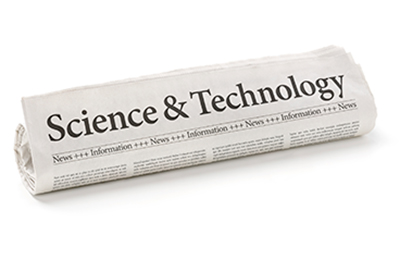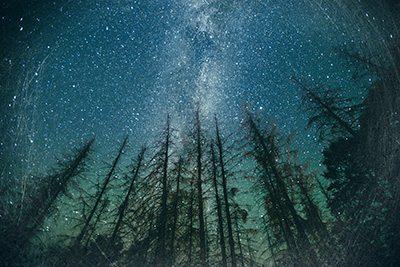 Strong radio signal from nearby star a false alarm.
Strong radio signal from nearby star a false alarm.
According to CBC News, scientists detected a radio emission which has them excited. A space telescope from Russia detected a “strong signal” from a star. The star?s, HD 164595, strong signal was detected with a Russian radio telescope called Ratan-300.
Ken Tapping, a scientist at NRC Dominion Radio Astrophysical Observatory , said the signal might be the product of an “advanced radio transmitter.” SETI, or the Search for Extraterrestrial Intelligence, is looking into the possibility. Tapping asked, “If they’re pointing it in our direction, why? There’s a million directions you can point the radio telescope.” According to Tapping, the signal detected by Ratan-300 from HD 1645959 takes 100 years to travel to Earth.
However, subsequent processing revealed that the signal was most likely from earth, according to a later CBC report
Schulich Leader scholarships have awarded to Canadian students
According to CNW, the Schulich Leader Scholarships winners are going to university now. It is the fifth year of the scholarship program for high school graduates with the intention to pursue science, technology, engineering, and math (STEM) disciplines.
1,500 Cégeps and high schools participated in the program, which set a new record. A total of 220 students have been awarded the scholarship through its 5 years of existence. 20 universities participate in the program. Each gets 2 awards. The 5 universities that acquire the most applicants earn 2 more awards for a total of 4.
Seymour Schulich, the Founder of the Schulich Leader Scholarships, said, “It is very important that we support exceptional students that demonstrate great leadership and embrace STEM fields.” There are 25 $80,000 scholarships for students pursuing engineering and 25 $60,000 scholarships for students pursuing degrees in science, technology, and math.
3,772 applicants for the Canadian space program
According to CBC News, 3,772 “would-be astronauts” applied to the Canadian space program through the Canadian Space Agency. In June, the Canadian Space Agency announced the 4th campaign of recruitment for 2 positions.
With the close of the applications process in August, of the total applications, 24% were women and 69% were men. The remaining percent “did not declare their sex.” The disclosure of that information was voluntary for the applicants.
That majority were from Canada with only 374 living outside of the country. After the initial selection process, those selected will undergo a more “rigorous selection process.” The process will last a year. After the next summer, the final selection will be made on the two new applicants who will begin training with NASA.
A native British Columbian, Scott Douglas Jacobsen is an AU undergrad and AUSU Councillor. He researches and runs In-Sight: Independent Interview-Based Journal, and In-Sight Publishing.


